What is Poverty? – The Concept of Poverty in Real Life
This is the first of a four-part series where Peru country manager Daniel Salazar, who has a Master’s Degree in Human Development, discusses the concept of poverty.
We all know poverty is bad and try to avoid it and fight it, either for ourselves or for others. But have you ever stopped and thought about what poverty is? One thing that might come to your mind is “not having enough money” or lack of resources. That is actually how most people in general and even academics think. But is poverty just a lack of material possessions or is there more to it?
The concept of poverty
Think of a millionaire. According to most people’s understanding of poverty, such a person cannot be poor by definition. But what if this person had some disease which made him unable to enjoy any of his wealth; would you say he is not poor? The point is that the possession of resources does not entail their enjoyment. That is, poverty is not about lacking material possessions, but rather lacking the ability to enjoy them.
Imagine a girl with no parents, living in a shack in a town with no water or sewage, barely getting a meal each day. Is she poor? What about a girl who has food, clothing, education, and someone to take care of her, but no real chance to go to college and no idea what do with her life. Is she poor? Finally, imagine a girl who has worked really hard to go to college, but knows she has no real chance of finding a good job because she doesn’t speak English. Is she poor?
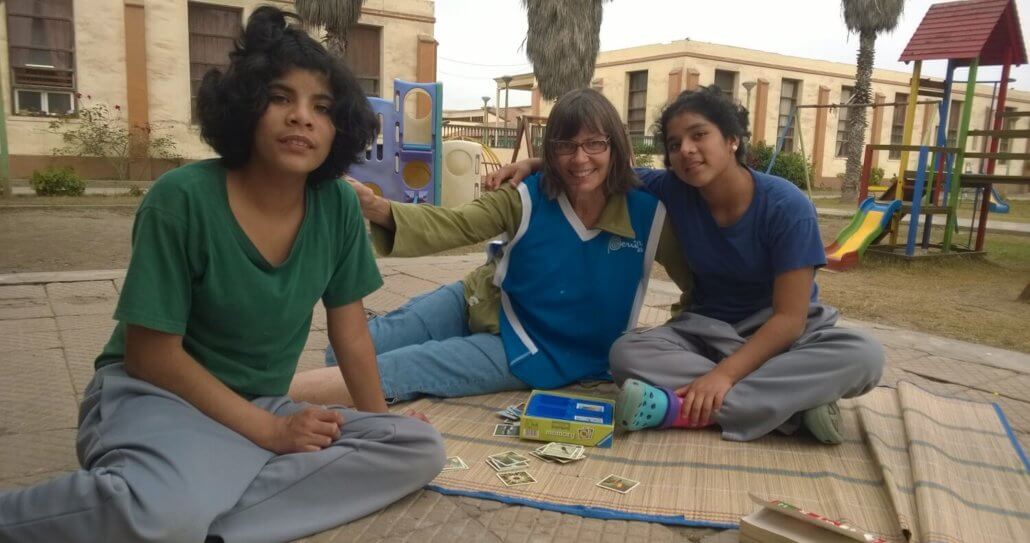
All these girls have different levels of material privation, but they cannot lead the kind of lives they wish they had – and they are not wishing luxury. Moreover, they cannot enjoy some things that we might consider essential for life such as having a family, education or job opportunities. Despite having some level of material resources, they are unable to live their lives to the fullest and lack some basic opportunities. This situation could be considered poverty. Perhaps poverty is the lack of basic opportunities.
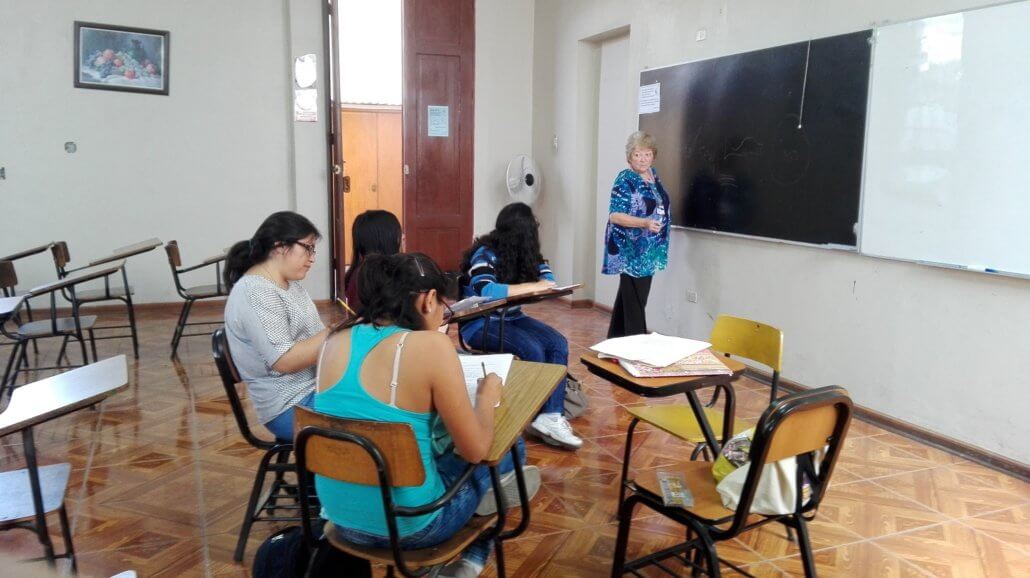
The discussion about the concept of poverty aside, these girls are real and are struggling right now. I have met many of them. The first girl in Alto Progreso, a shanty town. The second at PPA, a children’s home. And the third girl at Universidad Agraria La Molina (UNALM), a public university. All these in Lima, Peru.
These girls’ situations are much worse than I am able to describe here, and their needs go beyond the material. That is why they cry when they see volunteers leave, write letters to them, and bring whatever gifts they can get to give volunteers. They are thankful because volunteers do help them in their need. By paying attention to them, helping them build their houses and schools, teaching them English and many other activities, volunteers help them get closer to a better life and farther away from poverty.
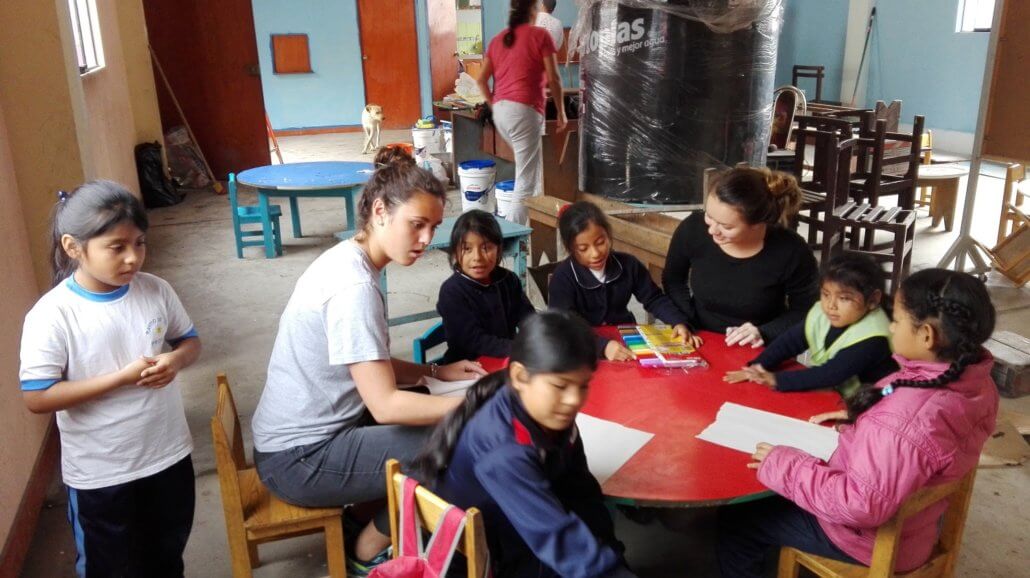
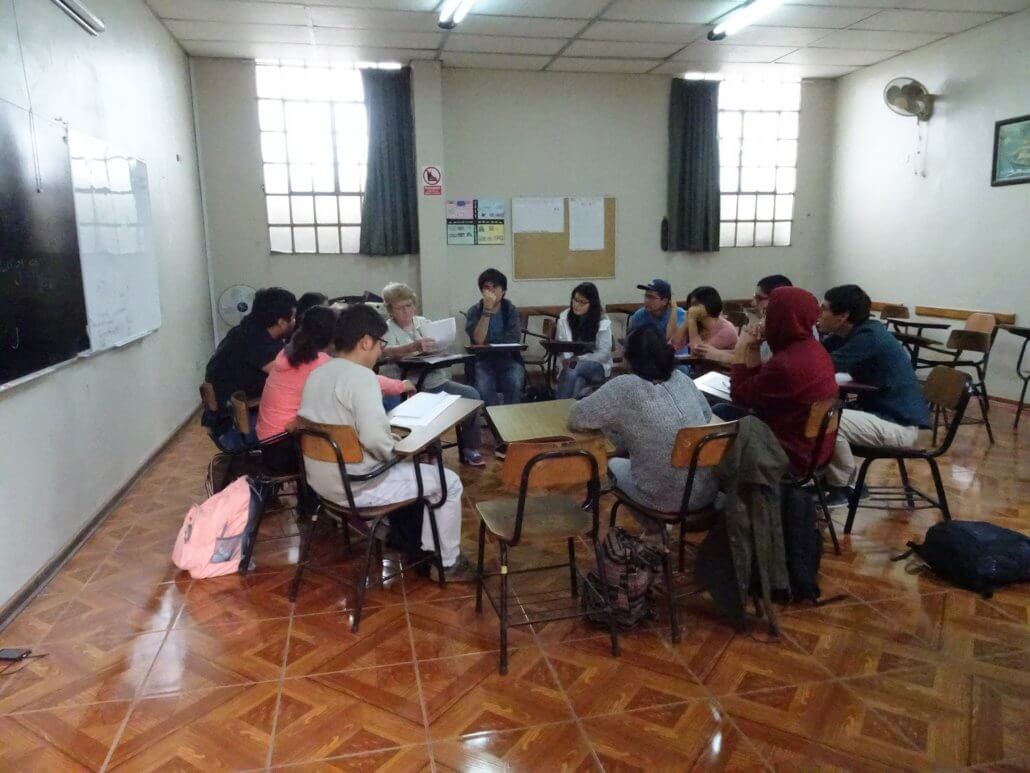
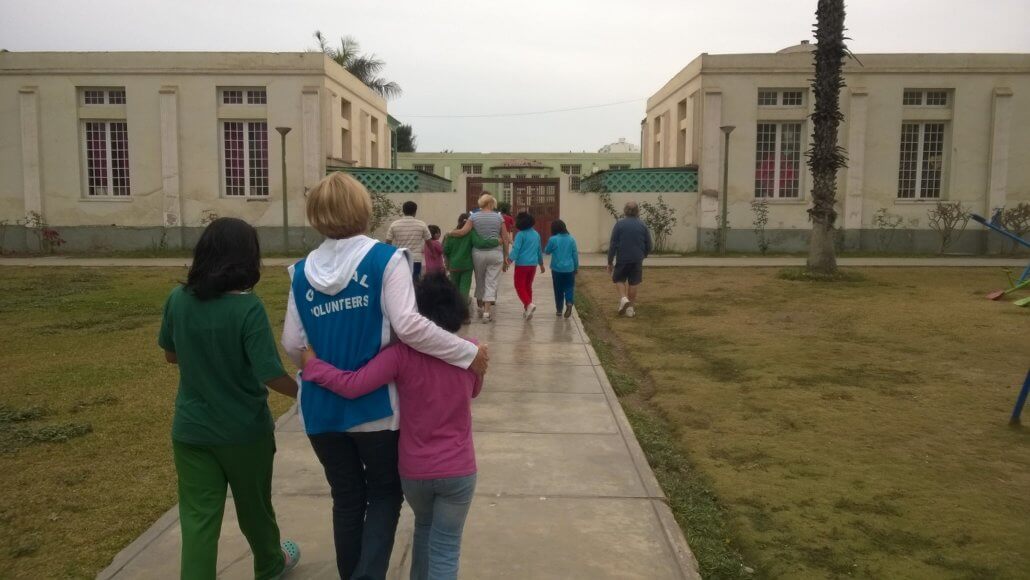
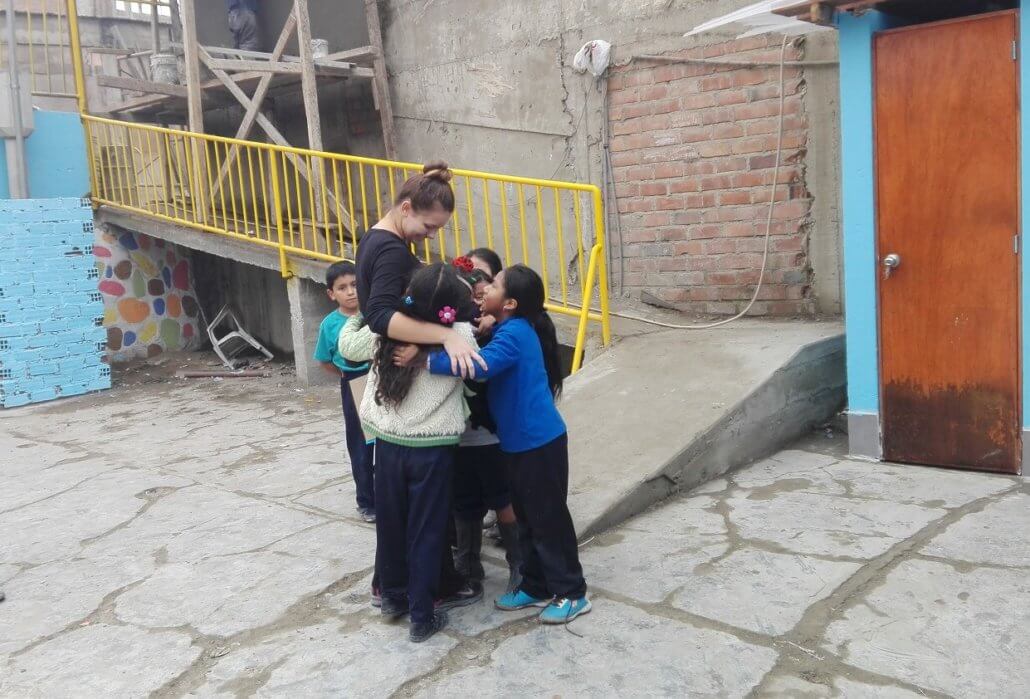
Join Global Volunteers in eliminating stunting and the cycle of poverty in Tanzania through its Reaching Children’s Potential Demonstration Program. Help in the fight against generational poverty, donate here.

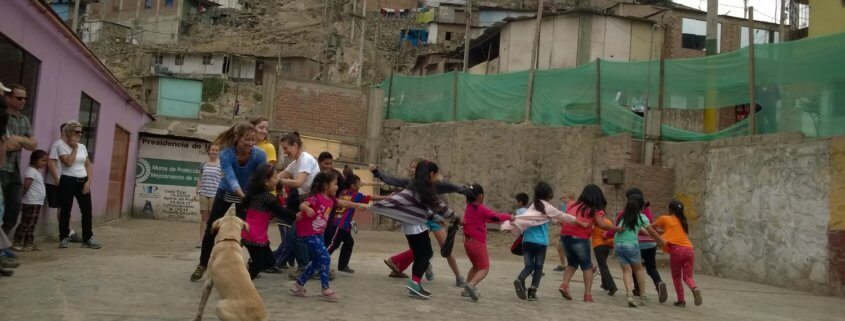


Leave a Reply
Want to join the discussion?Feel free to contribute!